Fulfillment + Distribution Services
Optimize your supply chain to ensure seamless omnichannel deliveries
ITS Logistics is your trusted partner for diverse fulfillment and distribution services, including B2B, D2C, retail, and omnichannel. We handle business needs from a single small parcel ecommerce delivery to LTL and full truckload distribution to every major retailer, including Walmart, Costco, Home Depot, Target, and more.
We have experience working with every level, from mid-cap to large-scale global distribution and fulfillment. Our ability to dig deep—to understand our customers’ pain points as well as their short- and long-term goals—sets us apart.
We leverage technology for greater visibility into your supply chain, saving you both time and money. Our custom dashboards enable you to make immediate, data-driven decisions.
Our 3.7 million square foot national distribution and fulfillment footprint with three strategic locations—Nevada, Indiana, and Texas—enables us to reach more than 95% of the US in two days. Whether you’re rapidly scaling your business or navigating peak season, our nationwide presence ensures reliability and efficiency for all deliveries.
Your partner in comprehensive fulfillment + distribution services
Get a QuoteOur team specializes in creative distribution services.
- Omnichannel Distribution
- Retail Distribution
- Supply Chain Integration
- Vendor Compliance
- Routing Guides
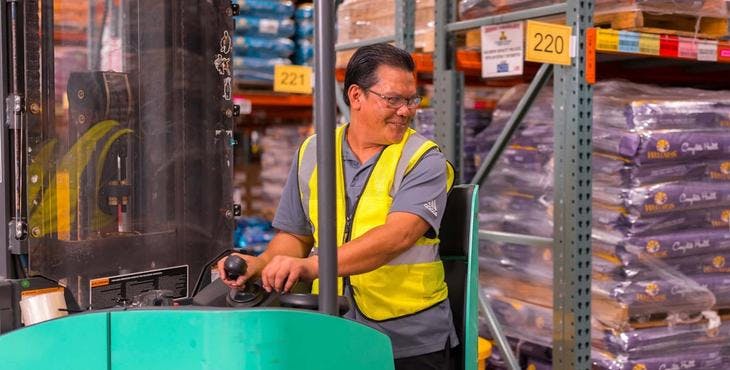
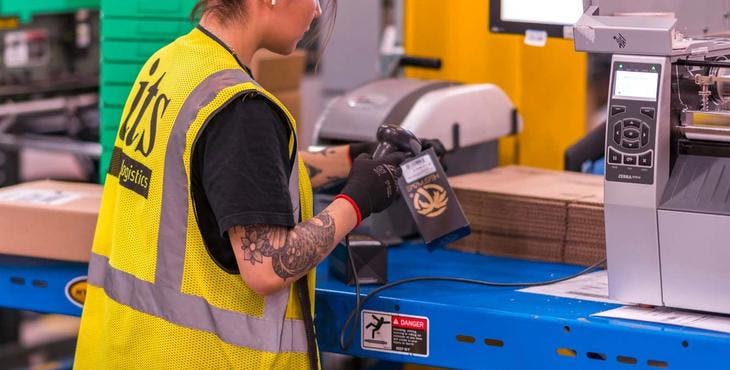
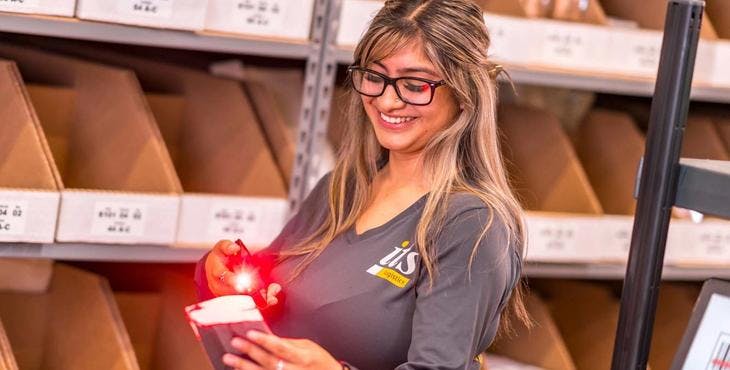
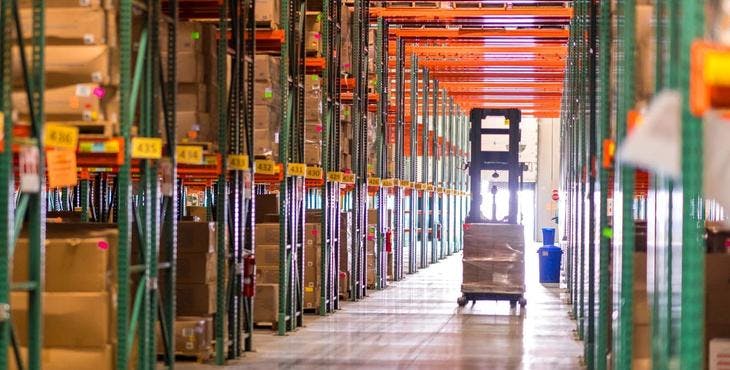
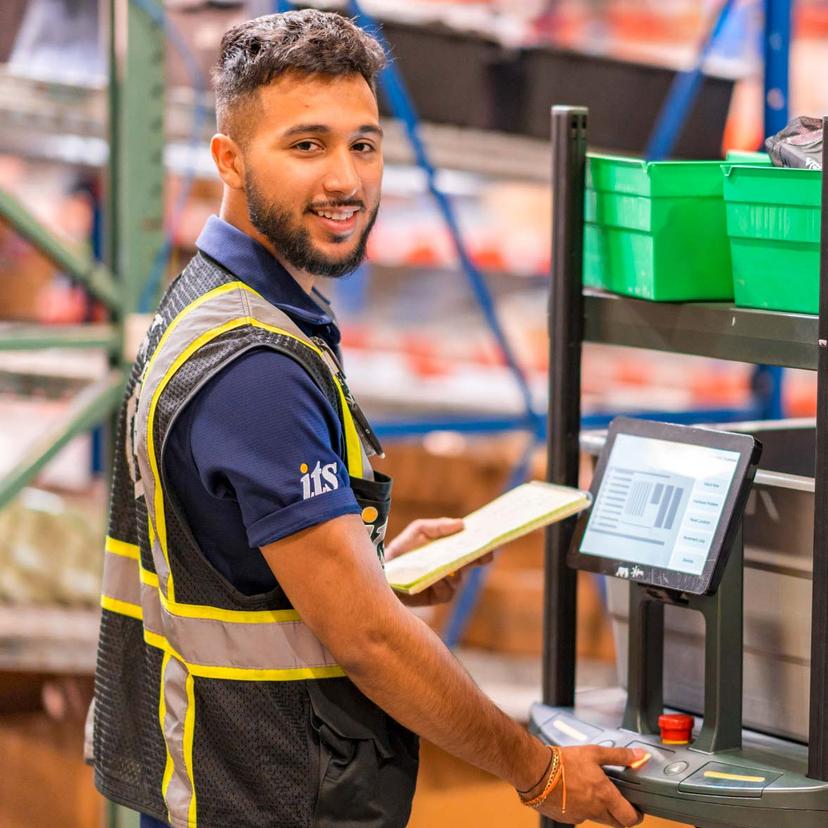
Innovative logistics technology to boost efficiency
ITS Logistics is your ultimate distribution services solution, featuring in-house technology teams, powered by MS WorkFlow-driven processes. We offer adaptable storage solutions, expert shelf-life management, timely expiration date notifications, comprehensive recall and QA duties, UCC labeling, and much more.


